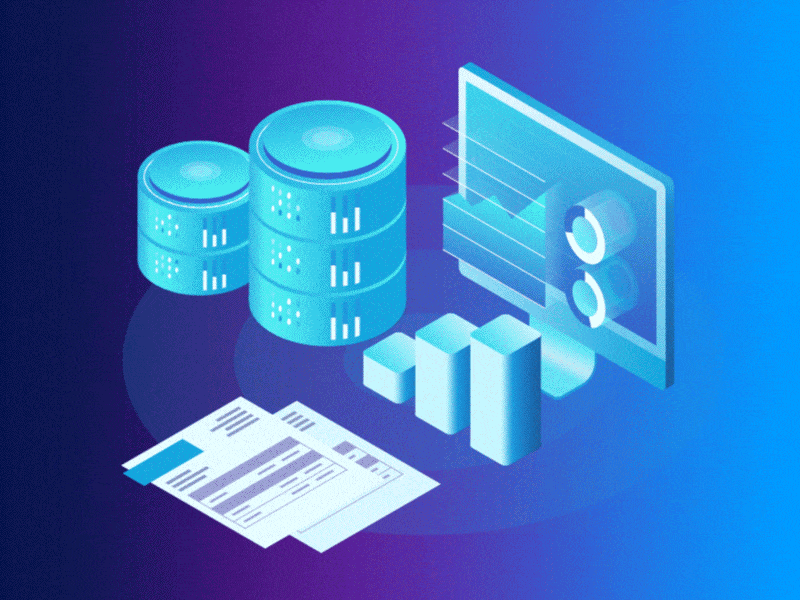|
Course Objective |
|
|
The course should enable the students to |
|
|
I |
Develop the student’s ability to deal with numerical and quantitative issues in business |
|
II |
Enable the use of statistical, graphical and algebraic techniques wherever relevant |
|
Course Outcomes |
|
|
After the completion of the course the student will be able to |
|
|
CO1 |
Able to apply fundamental concepts in exploratory data analysis. |
|
CO2 |
Develop skills in presenting data using appropriate diagrams or graphs. |
|
CO3 |
Determine the value of the mean, the median, and the mode of grouped and ungrouped data. |
|
CO4 |
Apply measures of location for central value of the data about which all the set of values of data lies. |
|
CO5 |
Knowledge of average of variation and dispersion of values. |
|
CO6 |
Calculate and interpret the various measures dispersion skewness and Kurtosis. |
|
CO7 |
Understand the relation between two variables by correlation. |
|
CO8 |
Apply different methods to find the strength of a linear association between two numerical variables. |

- Teacher: PANAM SRAVANI
OBJECTIVE OF THE COURSE:
- To acquire basic conceptual knowledge on Relational database model, ER model and distributed databases
- Understand and implement various SQL queries
- Ease with Database (SQL) environment and error handling.
COURSE OUTCOMES: By the end of the course, the student will be able to:
CO 1: Understand basic database concepts, including the structure and operations of the relational data model.
CO 2: Ability to describe and implement the Relational Database concepts
CO 3: Potential to understand and execute Queries using MYSQL
CO 4: Understand and apply logical database design principles, E-R diagrams & database normalization
CO 5: Gains knowledge about creating backup file and recovering of data
CO 6: Understand the concept of a database transaction queries and related database facilities
CO 7: Understand the role of the database administrator
CO 8: Knowledge about data integrity, security, recovery, performance etc…

- Teacher: MAHANTA CHAUHAN
- Teacher: VIDYA SAGAR JODU
Course Description:
Advance Accounting is 5 credit course with 65 sessions for the semester. Advance Accounting focuses on advance concepts like partnership, Accounting entries for issues of Shares and Debentures , valuation of Goodwill and shares and Preparation of Final accounts as per Companies Act, 2013.
Course Objective:
To acquire accounting knowledge of partnership firms and joint stock companies.
Course Outcomes:
CO 1 Acquaint with accounting knowledge of partnership firms in the context of admission, retirement and death of a partner
CO 2 Gain knowledge about the accounting procedures at the time of Dissolution of a Firm and also the sale of a firm to a company form of organization
CO 3 Gain insight on the customary practices of issue of shares and debentures by companies
CO 4 Can comprehend the provisions amended in companies act 2013 and enable to prepare company final accounts
CO 5 Able to exhibit proficiency in evaluation of goodwill and shares
- Teacher: RUPINI B